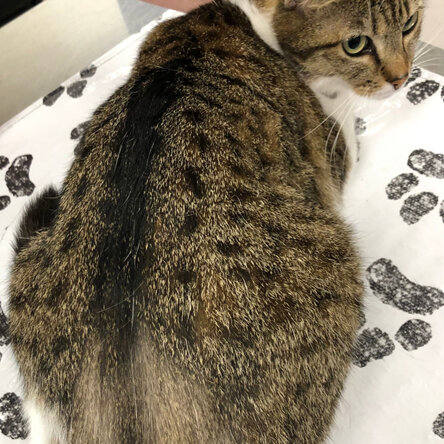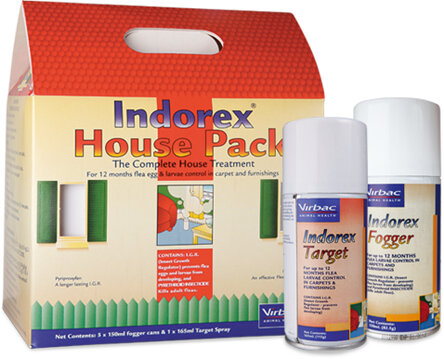Franklin Vets
Franklin Vets - excellence in veterinary care for dairy, farming, lifestyle, equine and household pets. BESTPRACTICE ACCREDITED NZ.
Your account is powered by Storbie. To edit your profile visit my.storbie.com
Your account is powered by Storbie. To edit your profile visit my.storbie.com

Pets can be allergic to the flea’s saliva so it only takes one bite to cause a very itchy allergic reaction. Most animals with flea allergies are never found with a flea on them! And no, fleas are not only present in the summer months, thanks to warmer homes, fleas also survive well throughout the winter months tucked up and cosy with you.
There are many types of skin diseases in pets, with allergies being one of the most common. Your pet can be allergic to things in the environment, (grasses, pollens etc.) food, fleas, or a combination.
These symptoms are a response to the allergy occurring, not just to the flea bites themselves.

Successful treatment of fleas involves treating your pet and your home. Some products are known to be losing their edge against fleas, they have been used for so long that fleas have adapted to become resistant to them. Thankfully, there are new-age products that are highly effective. For example Bravecto (cats and dogs), NexGard Spectra, Revolution Plus (cats) and Simparica (dogs).
Allergic pets require 100% flea control consistently to remain symptom-free. The majority of the flea population is found off the pet and around the home, therefore your home must also be treated. Washing bedding, vacuuming, cleaning surfaces, and sometimes even an Indorex house ‘bomb’ is required.
If the skin gets damaged, one of our vets should assess your pet. Often additional medication is required to treat secondary skin infections or manage your pet's discomfort. Your veterinarian will work with you to investigate the cause and find management that will suit both you and your pet. Please contact your local Franklin Vets clinic if you have any concerns regarding your pet's health.
Dr Kate Phillips BVSc - Pet Vet at our Beachlands clinic
Franklin Vets - excellence in veterinary care for dairy, farming, lifestyle, equine and household pets. BESTPRACTICE ACCREDITED NZ.



